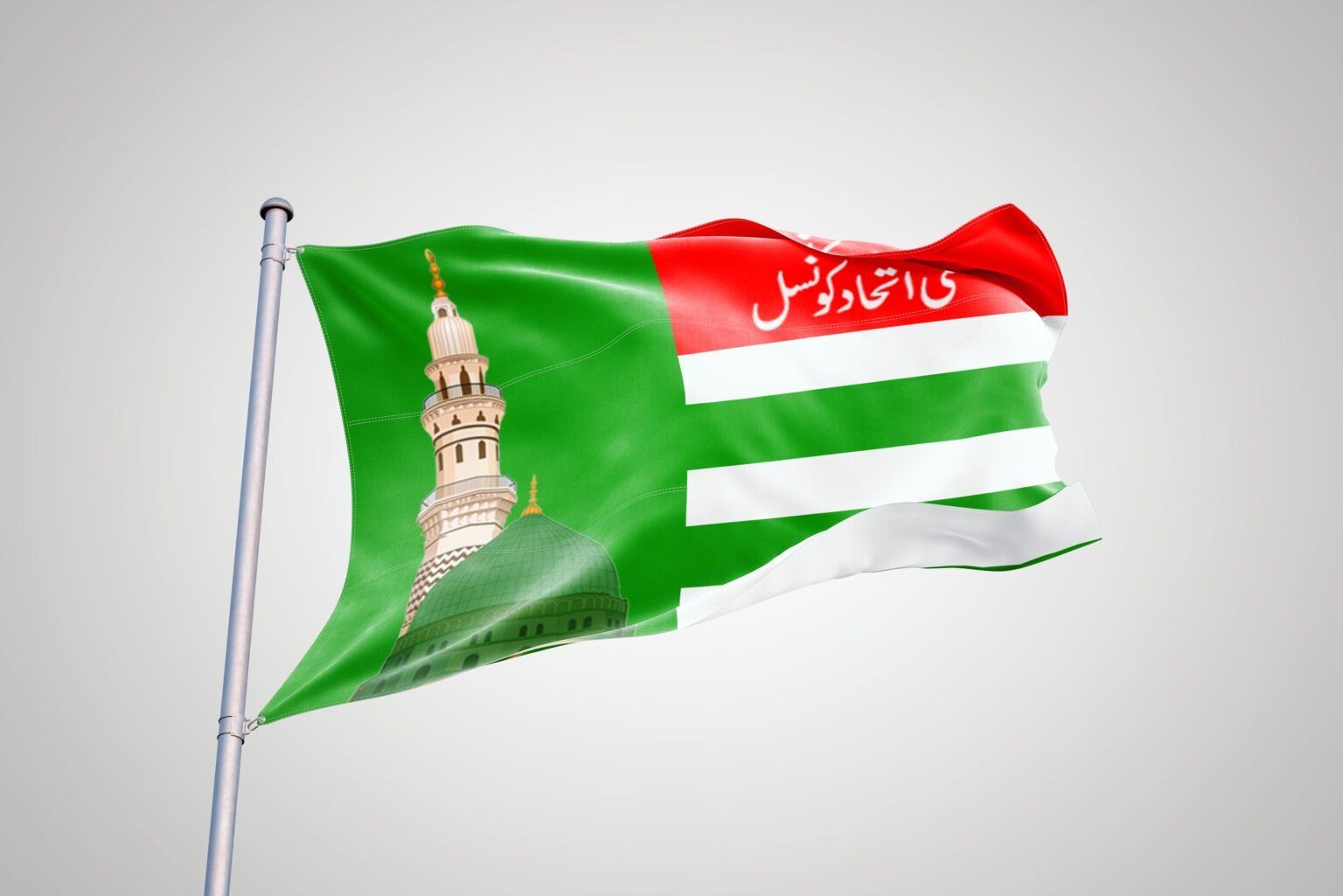On Monday, the Supreme Court addressed a petition brought forth by the Sunni Ittehad Council, which now accommodates PTI lawmakers-elect.
This petition challenges the denial of reserved seats for women and minorities. Previously, the SIC had been joined by independent candidates backed by PTI after they emerged victorious in the February 8 elections, following PTI’s loss of its electoral symbol ‘bat’.
In a 4-1 decision in March, the Election Commission of Pakistan declared that the SIC could not lay claim to reserved seats “due to incurable legal defects and violation of mandatory provisions regarding the submission of party lists for reserved seats”. Consequently, the commission opted to redistribute the seats among other parliamentary parties, notably benefiting the PML-N and the PPP. The PTI rejected this verdict as unconstitutional.
Subsequently, in March, the Peshawar High Court dismissed an SIC plea challenging the ECP’s decision and upheld the denial of reserved seats.
In April, the SIC, led by party chief Sahibzada Hamid Raza, filed a petition with the Supreme Court seeking to overturn the PHC judgment.
Today, a three-member bench led by Justice Mansoor Ali Shah, alongside Justice Muhammad Ali Mazhar and Justice Athar Minallah, presided over the case. Faisal Siddiqui represented the SIC as their counsel before the court.
The hearing
At the beginning of the hearing, Siddiqui approached the rostrum to articulate his arguments. He informed the court about PTI-backed independent candidates who had secured victory in the general elections and subsequently aligned with the SIC.
Justice Shah inquired whether seven candidates remained part of the National Assembly as independents. When Justice Minallah queried if the PTI was a “registered [political] party,” Siddiqui affirmed.
Justice Shah remarked, “It is a registered political party but simply did not participate in the elections.”
Justice Mazhar asked, “Within what timeframe must independent candidates join a party?” Siddiqui replied that such MNAs-elect have to affiliate with a party within three days of receiving their winning notification.
Justice Minallah raised the question, “If a political party lacks an electoral symbol, do its candidates forfeit their right to represent the party?”
The counsel clarified, “A political party can attain parliamentary status after contesting the general elections. Alternatively, a political party may abstain from the elections, but victorious independent lawmakers may choose to join that party.”
Justice Shah inquired about the formula used to distribute reserved seats among political parties. “Would a political party receive reserved seats based on its electoral wins, or could it receive more than its fair share?” he questioned.
After Siddiqui presented his arguments, the court urgently summoned ECP officials and issued notices to the federal government and Attorney General of Pakistan Mansoor Usman Awan.
Following a brief recess, the hearing resumed at 11:30 am, with the AGP and ECP officials appearing before the court.
At one juncture in the proceedings, Justice Shah remarked, “We must safeguard the public mandate. The crux of the matter lies in the public mandate.”


